Every year on 10 December, Human Rights Day reminds us of the core values that shape our society: dignity, freedom, equality, and justice. These rights belong to every individual, regardless of nationality, religion, culture, or lifestyle.
How Has the Universal Declaration of Human Rights Shaped the World?
Human rights emerged from the need to protect individuals from injustice and abuse. On 10 December 1948, the Universal Declaration of Human Rights was adopted in Paris, laying the foundation for a world where everyone has the right to life, freedom, and security.
Since then, human rights have guided societal progress – from advancing the rights of women, workers, and children to protecting the environment and minorities. However, safeguarding these rights is not solely the responsibility of governments and international organizations but also a duty shared by individuals and communities.
Rights We Often Take for Granted
In our daily lives, we rarely stop to consider what human rights make possible. Access to education, freedom of expression, and healthcare are often taken for granted but remain unattainable dreams for many.
Despite significant progress, there are still many challenges in ensuring these rights. In some parts of the world, children and women are still denied access to education, and many people lack basic healthcare or legal protection.
The Role of Language in Protecting Rights
Language is a crucial tool for implementing human rights. It allows us to express ideas, thoughts, and demands. Ensuring access to information in a language people understand is essential for them to exercise their rights.
Originally written in English and French, the Universal Declaration of Human Rights has now been translated into over 500 languages – a remarkable example of how language can promote understanding and equality. Translating legal, educational, and other critical documents empowers people to better understand and fight for their rights.
Language, Multilingualism, and the Modern World
In today’s digital world, multilingualism has become the norm. Businesses adapt their content to various linguistic communities to reach a global audience. Similarly, websites, apps, and social media platforms offer content in multiple languages, making communication and the exchange of ideas more accessible.
Tools like machine translation (e.g., Google Translate, DeepL, and others) have become everyday aids for individuals and companies. However, despite their convenience, human translators remain indispensable for ensuring accuracy, precision, and cultural relevance.
How Human Rights Shape Our Future
Human rights are not just abstract concepts; they are everyday guidelines for building a fairer and more inclusive society. On this day, let’s reflect on how we can contribute to a better world – through small acts of kindness, raising awareness, or supporting those in need.



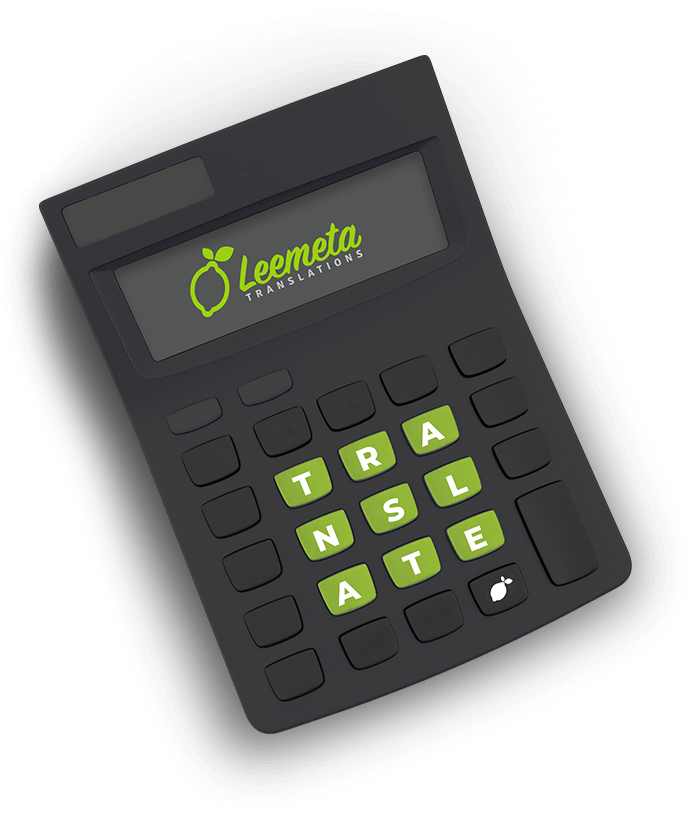



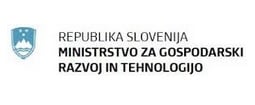
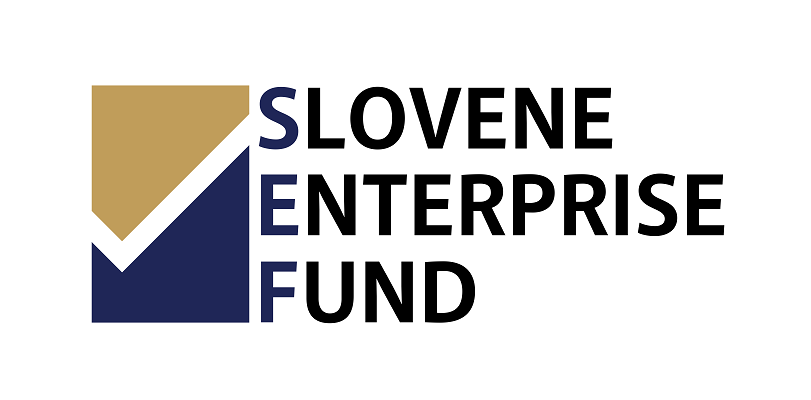
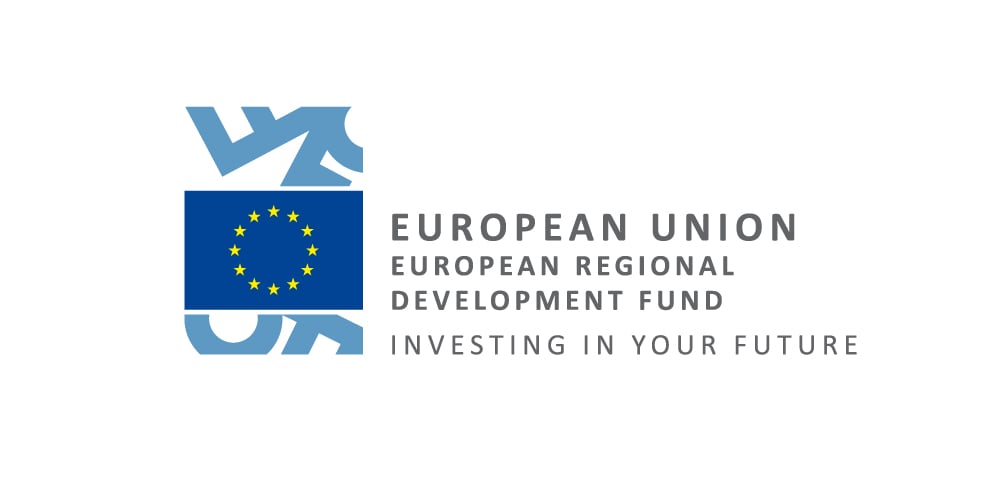

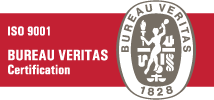
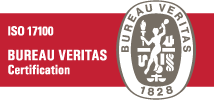
Add new comment